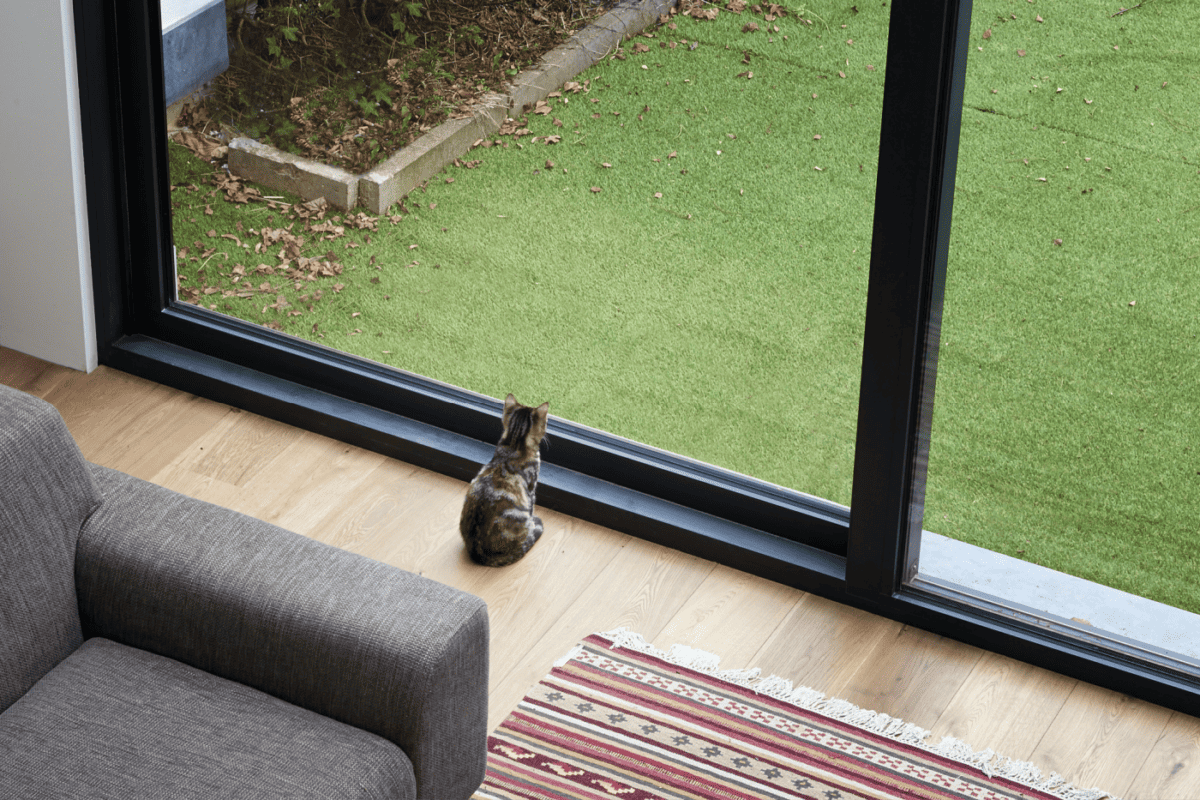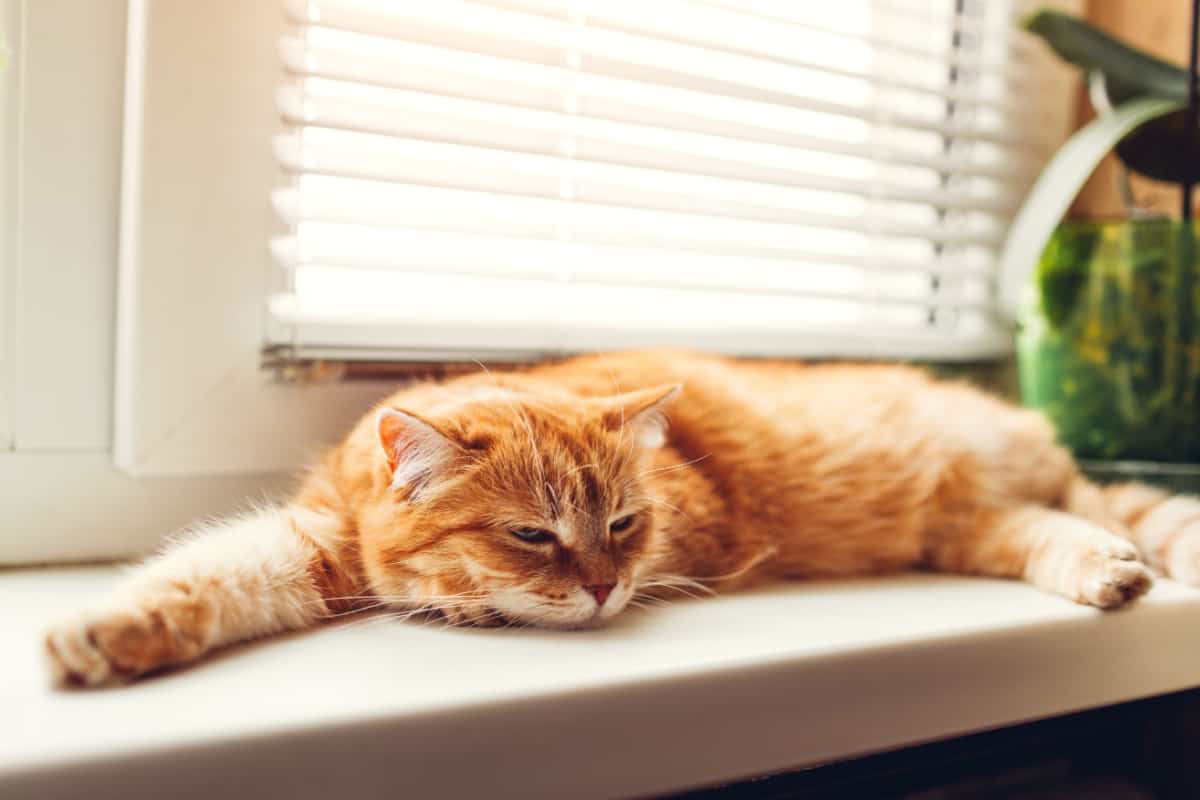When you step through the front door, eager to reunite with your beloved feline companion, their reaction can be quite puzzling.
Some cats nonchalantly greet you as if your absence went completely unnoticed. "Oh, were you gone? I didn't notice," they seem to say. On the other end of the spectrum, some cats become inseparable, shadowing your every move.
But then there are those cats with a distinct message: they believe you deserve punishment for not being readily available at their beck and call.
They embark on a period of selective snubbing, the duration of which is solely determined by their feline whims.
The question lingers in every cat owner's mind: How long can you actually leave your cat alone? The answer might surprise you, as it varies from cat to cat.
Join us on a journey to uncover the fascinating truth behind our furry friends' independence and their unique expectations when it comes to our presence.
Leaving Your Cat Alone: Guidelines And Options
How long can you leave cats unattended?
Leaving cats unattended for extended periods can pose potential risks and lead to boredom and separation anxiety. Experts recommend avoiding overnight stays without someone checking on your feline friend.
Unforeseen accidents, such as falls or furniture tipping over, can leave your cat trapped or injured. To ensure Kitty's safety and well-being, it's important to take necessary precautions.
Catering to Kitty's Needs for Short Absences
While cats are known for their love of napping, prolonged solitude can lead to boredom and restlessness. To prevent separation anxiety and keep your cat entertained, consider providing engaging activities.
A cat tree allows them to climb and observe the world outside through the window. A captivating video featuring birds, bees, and mice can captivate their attention.
Treats hidden around the house can stimulate their hunting instincts, replacing destructive behaviors like clawing furniture.
Puzzle feeders not only provide mental stimulation but also make mealtime exciting. Additionally, ensure the indoor temperature is set at a comfortable level for your cat.

Tips for Leaving Your Cat Alone with a Cat Sitter
For short trips, entrust the care of your cat to reliable friends or family members who understand their needs. However, it's crucial to ensure that they are responsible and committed individuals, capable of providing proper care.
Consider providing them with their own alarm code for added convenience and security during their visits.
For longer absences, hiring a professional pet sitter is recommended.
A qualified pet sitter will visit your cat daily, ensuring they receive fresh food and water, maintaining clean litter boxes, and tending to other essential tasks like bringing in mail and watering plants.
SIGN UP FOR THECATSITE'S EMAIL UPDATES >
It's essential to provide detailed instructions regarding feeding, medications, emergency contacts, and any specific hiding spots or preferences your cat may have.
Consider authorizing the pet sitter to act on your behalf in case of emergencies, and provide clear instructions for life-threatening situations.
Read More:
A Pet Owner's Guide To Pet Sitters
Selecting The Best Pet Sitter
Exploring Boarding Options and Traveling with Cats
If boarding becomes necessary, visit the boarding facility in advance to assess the accommodations provided for your furry friend.
Inquire about their food arrangements and medication protocols. Familiarize yourself with the kennel's emergency procedures, ensuring your cat's safety in the event of an evacuation.
For adventurous cats, traveling with them can be an option. Check with hotels for pet-friendly policies and airlines for cabin travel regulations.
It's important to ensure your cat remains comfortable during the journey, with access to a litter box as needed. Keep important documents, such as shot records, handy, and consider microchipping and using a collar for added identification.
While staying in a hotel, remember to hang the "Do Not Disturb" sign to prevent any escapes.
Ultimately, the key to leaving your cat alone is thoughtful planning and understanding their preferences.
By considering their needs and providing suitable arrangements, you can ensure that Kitty remains content, allowing you to enjoy your time away without guilt or worry.
Read more:
Traveling with Cats
How Much Time Does It Take To Care For A Cat?
Remember, Kitty doesn't have to feel neglected, and you don't have to feel guilty about leaving once you think about what Kitty likes best and plan accordingly.

Ensuring Your Cat's Well-being in Your Absence
Leaving your cat alone requires careful consideration and planning to prioritize their safety, happiness, and overall well-being.
By adhering to guidelines and exploring suitable options, you can mitigate potential risks and prevent boredom and separation anxiety.
Remember, cats thrive on companionship and mental stimulation. Whether it's arranging engaging activities, hiring a reliable cat sitter, or exploring boarding facilities, the goal is to ensure your feline friend feels loved and cared for in your absence.
Providing clear instructions, authorizations, and emergency contacts to caretakers is essential for their seamless care.
Additionally, if you plan to travel with your cat, research pet-friendly accommodations and familiarize yourself with airline regulations to make the journey as comfortable and stress-free as possible.
Leaving your cat alone doesn't have to be a source of guilt or worry. By considering their needs, planning accordingly, and seeking suitable alternatives, you can enjoy your time away with peace of mind, knowing that your beloved cat is safe and content.
SIGN UP FOR THECATSITE'S EMAIL UPDATES >
Comments? Leave them using the form below. Questions? Please use the cat forums for those!
Note: We may get commissions for purchases made through links on this page.




25 comments on “How Long Can You Leave Your Cat Alone For? [Answered]”